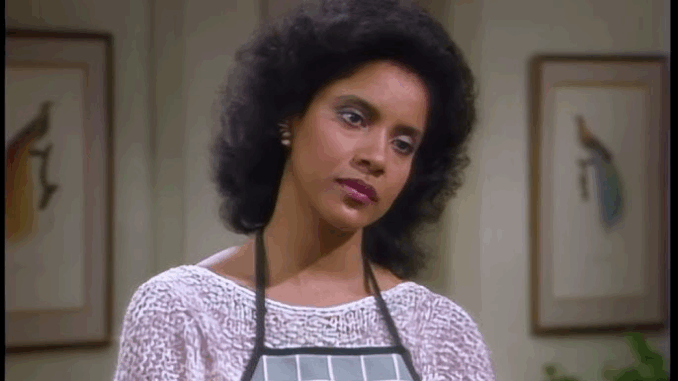
Long before viral parenting videos and life coaches filled our feeds, The Cosby Show delivered some of the most memorable parenting moments on television. One of the most iconic scenes came in the show’s very first episode, when Cliff Huxtable sat down with his teenage son, Theo, for what has become a masterclass in tough love.
The situation was simple, yet familiar to many parents: Theo, full of youthful bravado, announced he didn’t need to do well in school because he planned to “just be regular people.” His dream? To get by with a modest job, make enough money to live, and not worry too much about academics.
Cliff’s response was part comedy, part financial reality check—and all wisdom.
Using Monopoly money and a dining table turned budget spreadsheet, Cliff walked Theo through the true cost of living. Rent? Utilities? Food? Clothes? Taxes? Piece by piece, the colorful bills vanished from Theo’s “salary” until he was left broke. It was a moment of clarity—harsh, humorous, and unforgettable.
“I’m your father. I brought you into this world, and I’ll take you out,” Cliff famously joked, but beneath the laughter was a message many parents try, and struggle, to deliver: adulthood requires responsibility, and dreams don’t pay the bills unless they’re backed by effort.
What made this scene resonate with audiences wasn’t just the witty delivery, but the authenticity. Cliff didn’t yell or shame his son; he demonstrated consequences. He took an abstract teenage fantasy and translated it into reality, turning a potentially confrontational moment into a teachable one.
The genius of The Cosby Show was in its ability to create these moments—where comedy opened the door, and life lessons walked in. In an era where parenting styles are debated endlessly, Cliff’s approach was firm, loving, and rooted in respect. He didn’t talk down to Theo; he talked with him.
Even today, decades after it aired, this scene remains a go-to clip for anyone talking about financial literacy, parenting, or what it means to guide—not lecture—your children.
Sure, The Cosby Show was about family, laughter, and love. But it was also about preparation—arming the next generation with the tools to thrive. And sometimes, that starts with Monopoly money, a kitchen table, and a father who cares enough to say: “You are going to do better—because you have to.”